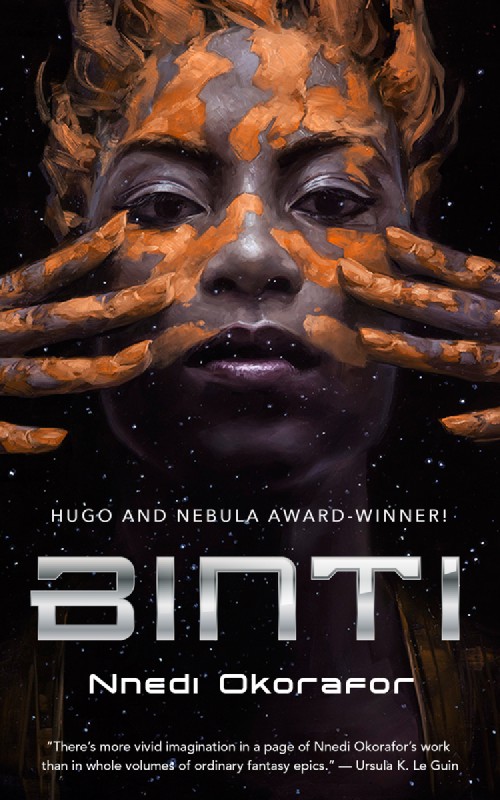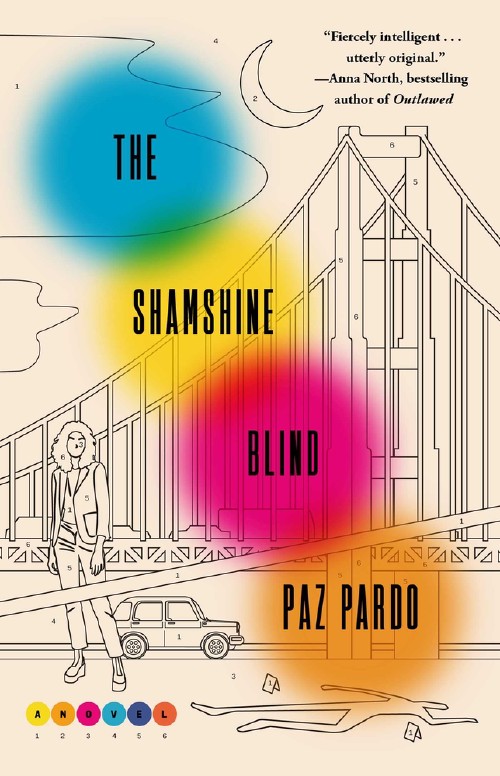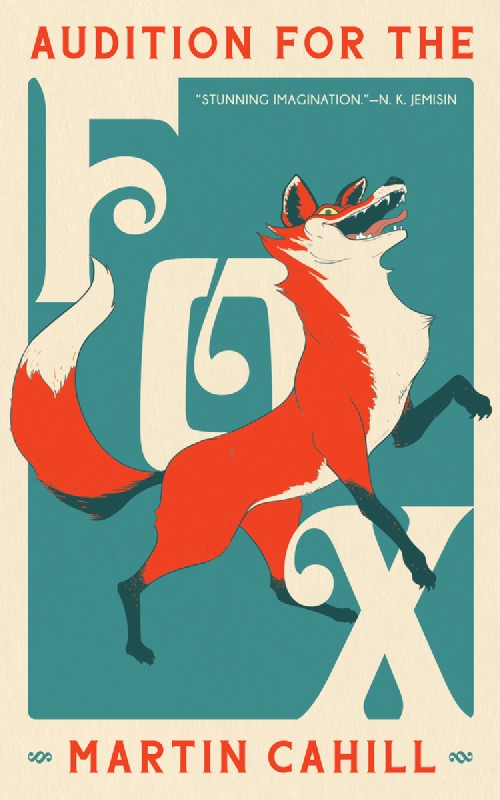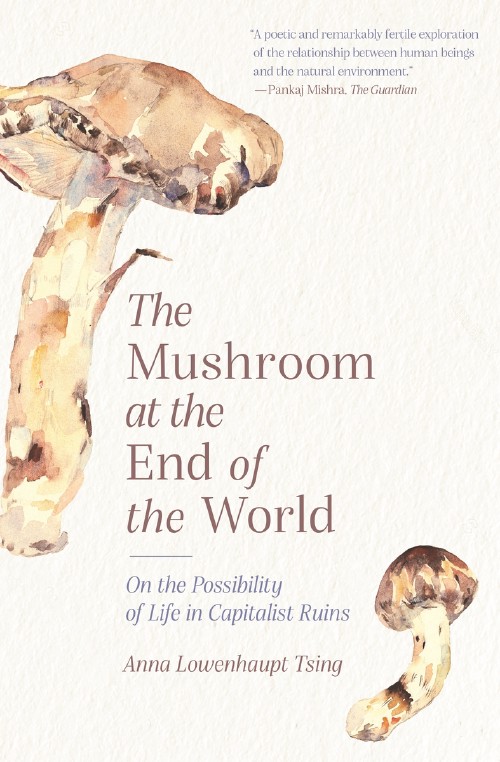A few years ago I wanted to learn more about web accessibility, and the rabbit hole I fell down led me to encounter the discipline of Disability Theory, and the wide world of knowledge-making that disabled people are working within as they find community and figure out how to talk about the broad-range of human capacity and abilities. There are so many books, articles, blogs, tweets and IG posts that are building this knowledge, so this list is not comprehensive, it’s just the books I recommend the most.
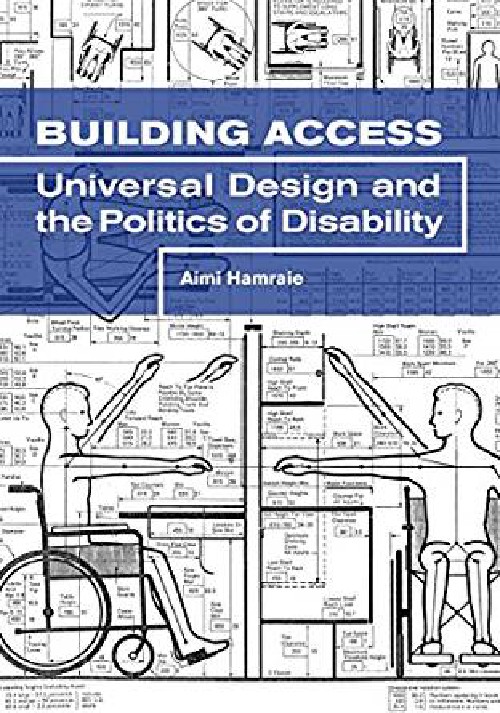
Building Access: Universal Design and the Politics of Accessibility
Copyright 2017, University of Minnesota
Tech Industry, Disability Theory
This is one of the first books I read inside the field of Disability Theory and it continues to be one I cite regular. Hamraie examines the history of Universal Design to understand its crip origins and how it has been watered down and co-opted by the field of design. The book is critical for anyone in the design industry to read.
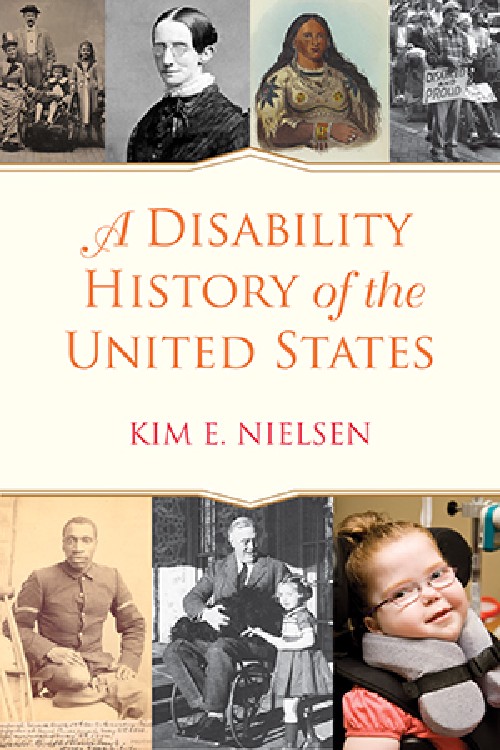
A Disability History of the United States
Copyright 2013, Beacon Press
Disability Theory
This book, part of the Revisioning History series, re-examines the chapters of US History from the perspective how we (mis)treated disabled people. A history that is mostly horrifying but incredibly important to understand; disabled people continue to struggle to have their concerns taken seriously. Many people consider the passage of the ADA as a moment when problems were solved; this book points to how that legislation was a mere start to begin addressing a long history of injustice.
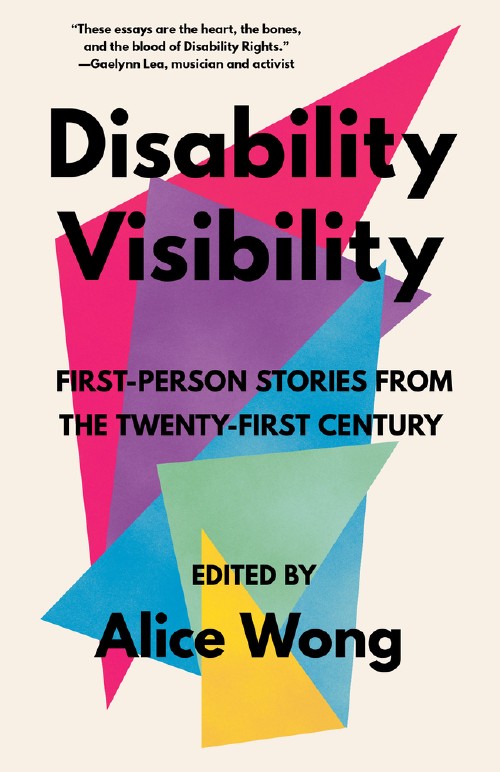
Disability Visibility
Copyright 2020, Vintage
Disability Theory, Cultural Analysis
A fantastic collection of first-person essays about disability. Disability intersects across all sorts of injustices; racism, sexism, ageism and more, and this collection explores the many contributor’s experiences in the ways they desire to tell them. A great read for challenging your assumptions about disability and learning to better see ableism in its myriad forms.
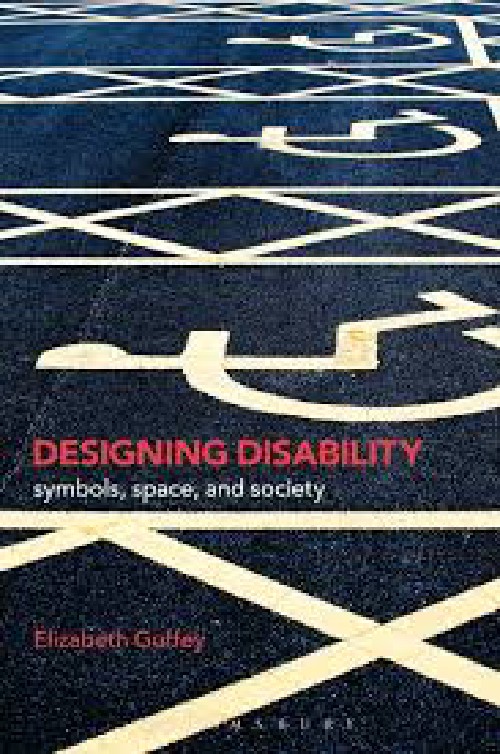
Designing Disability
Copyright 2017, Bloomsbury Academic
Disability Theory
Disability is a cultural construct, according to current perspectives in disability studies. With that lens, Elizabeth Guffey explores the history of how modern cultures have identified and shaped disability through technological adaptations and symbolism. A deeply researched history book that is in conversation with other books on this list to reveal how much remains towards building a just world.
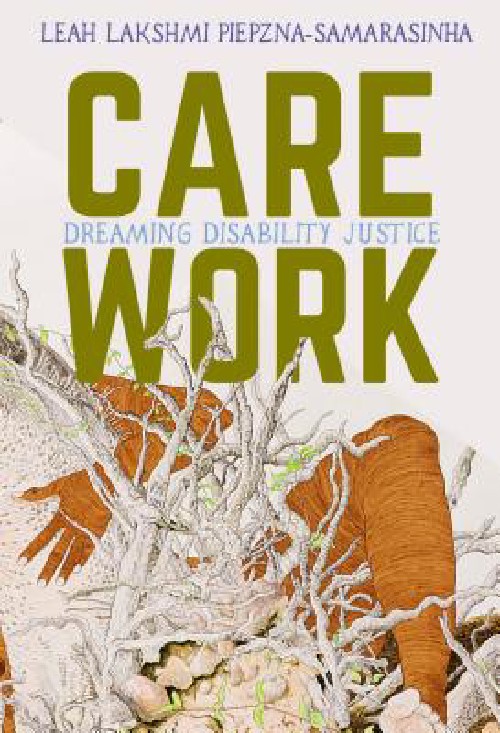
Care Work
Copyright 2018, Arsenal Pulp
Disability Theory
What better worlds can we dream? So many. Leah Lakshmi Piepzna-Samarasinha in this book explores some of those dreams, imagining a queer, crip, livable world that embraces the messiness of humans having needs as a way to create beauty and community where previously there has only been alienation and injustice. The book is challenging because Piepzna-Samarasinha is not interested in a utopia, they are interested in what is actually possible, no matter how much we act like it isn’t.
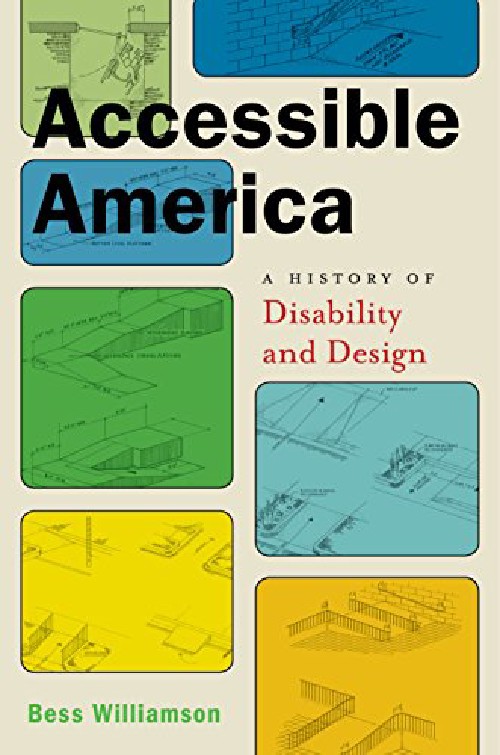
Accessible America
Copyright 2019, NYU Press
Disability Theory
An engaging history of how disabled people in America have fought in the past century to get out of institutions that hid them away, and then fought again to make a world that acknowledged their abilities and needs. A fascinating book that details the disabled people who designed what they needed and reshaped parts of the world as their designs were recognized and appreciated.
